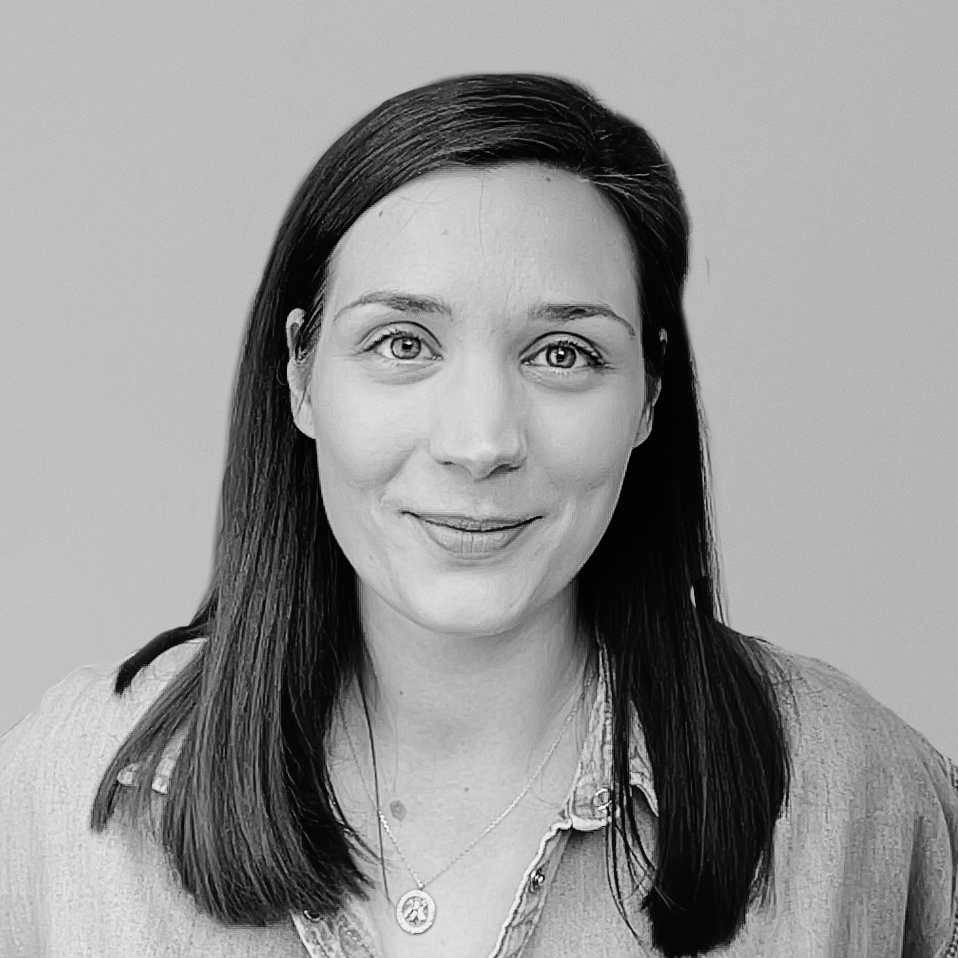What do you make the priority?
Tonic’s Gina Abolins reflects on Tonic’s event Five Years on from #MeToo: What Next for Drama Schools.
On Friday 10 June, Tonic held its first in-person event since the pandemic, marking five years since the resurgence of the #MeToo movement hit worldwide. The event was designed as an opportunity for the staff of drama schools, colleges and conservatoires across the country to reflect on what has changed since 2017, and to ask the question “what next?”
Held at LAMDA, and also supported by the Federation of Drama Schools (FDS) and Nick Hern Books, we brought together staff representatives from a wealth of institutions. This included all FDS drama schools, and a range of other schools, colleges, conservatories and practical performing arts university courses from across the country. We were heartened to see the take up for the event, and once in the room, the energy and enthusiasm for addressing these issues was palpable. Those present were ready to have these conversations, and expressed a shared understanding of the importance in reigniting this work.
The day itself was a varied one; broken up into a series of panel discussions, group conversations, and some sharing of Tonic’s work in drama training. We heard reflections from working professionals on what was missing from their drama training when it came to safer spaces, and what positive changes they saw going on around them now. They also envisioned what a drama training provision might look like if it had a stronger focus on combating misuse of power and inappropriate behaviour. There were fascinating conversations taking place, such as the unspoken hierarchy of onstage and offstage roles, and the introduction of the idea of spaces that were safe for students, but also resilient, to enable them to take risks in a supportive environment.
Attendees engaged with each other in a range of open conversations; attacking questions such as “This industry is changing fast. How can our responsibility to prepare students for the industry shift with the times?” and “We work with lots of freelance staff. What do robust processes to ensure they understand and adhere to our standards look like?” The energy in the room was electric; with people engaged and ready to start on a journey to make considerable shifts in their institutions.
Later in the day, Tonic was able to introduce some of its own work, including our workpack for drama schools: A practical resource for Guarding Against Misuse of Power and Inappropriate Behaviour in Learning and Working Environments. This pack is a live Word document, available on our website as a free download for any drama training institution. It offers a framework to help schools gather all of the relevant information, policies, procedures and information they may need when it comes to ensuring a safer training environment.
We then delivered to the group a version of our Boundaries and Respect student workshop, part of ourParticipate programme. The session forms a core part of our training offering, and covers areas such as the range of boundaries people may have, how to set and maintain them, as well as respect others’, and what you could do if a boundary is crossed. This offered staff the chance to begin to consider some of the types of conversations that could be sparked in their institution to help cultivate safer spaces and promote respect. Our sessions are available to any practical drama training course; including both onstage and off-stage careers, and more information can be found here.
Overall, the day was a hugely successful one. At the end of it, attendees shared a few words to encapsulate their experience of the day. One attendee simply stated “Time is political”, to an overwhelming hum of agreement. This idea of the political nature of time was something which cropped up throughout the day, time and time again (pun intended). The idea that what we create space for in the timetable, ultimately, is a choice. And what we choose to make space for, or not, says a lot about us and our priorities.
There was one observation from an institution, that once they had shifted their work with students on equality, diversity and inclusion away from evenings and firmly into the timetable, both the numbers and the enthusiasm went up.This is certainly something we at Tonic have experienced ourselves. Right at the beginning of our work with drama schools, when Participate was known as Empower, we had originally trialled this work in evenings, too. And as important as I’m sure students feel these conversations are, when offered the option of working overtime, or food and rest, they are likely to opt for the latter. This work shouldn’t be an add-on, but a fundamental part of an institution’s work. Somebody compared the idea of how you utilise your time to a city’s cathedral. The cathedral in a city being its large, high-profile, and well-respected central hub. This prompted the question “What do you make the cathedral in your institution?”, and, subsequently, what does that say about you as an institution?
Five years on from #MeToo, perhaps it’s time for drama training to consider how its cathedral can become more centered around this type of work. Because ultimately, we will never have enough space in the timetable; maybe it’s that we need to start making it the priority.
Five Year on from #MeToo: What Next for Drama Schools? Took place on Friday 10 June at LAMDA
Many thanks to our generous supporters: LAMDA, Federation of Drama Schools and Nick Hern Books
Written by Gina Abolins
June 2022
